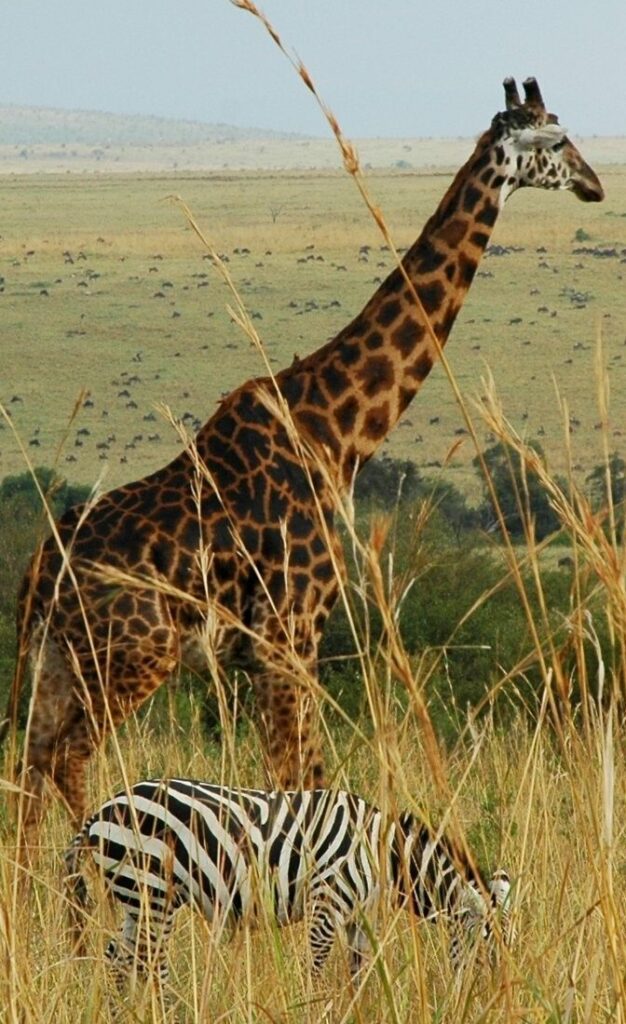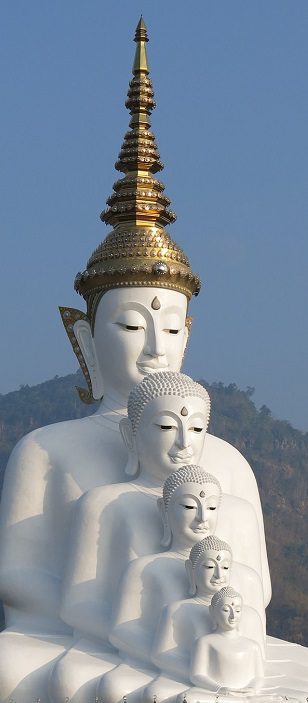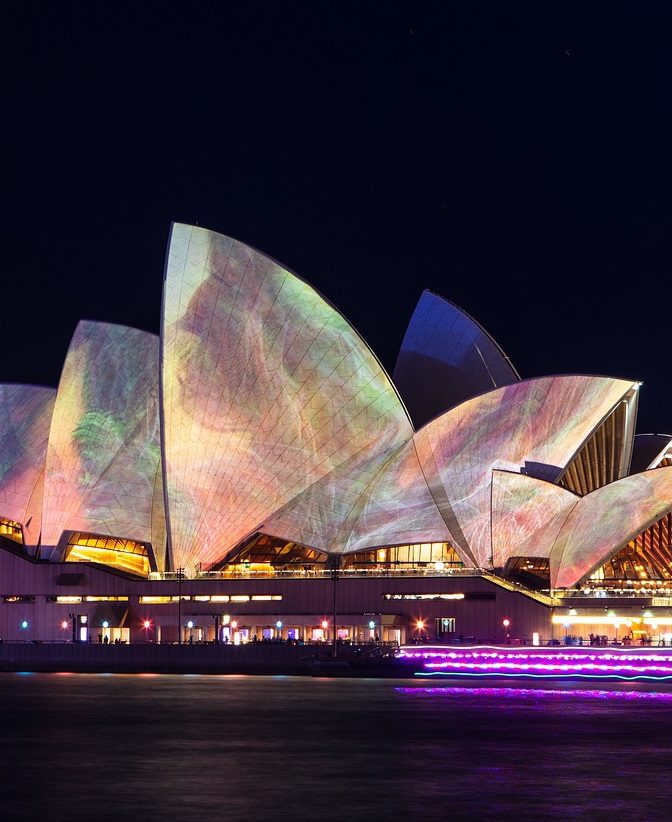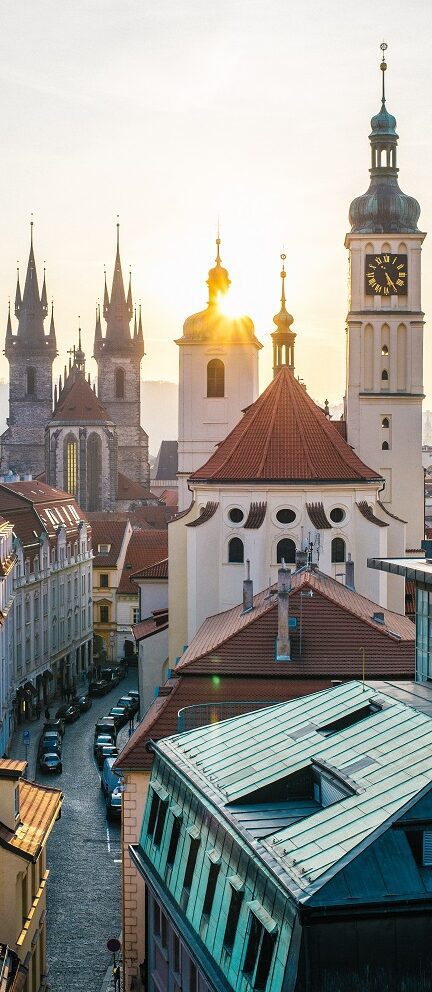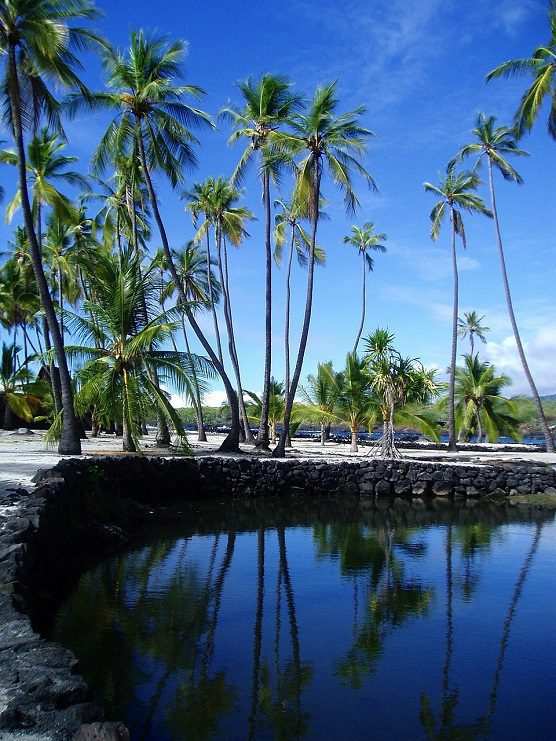I was beginning to appreciate just how remote from officialdom much of Assam is, which is much as it was in the time of the Raj. The British were latecomers, not arriving till the mid-19th century after it was discovered that conditions here were perfect for growing the Camellia sinensis shrub whose fragrant infusions were becoming wildly popular worldwide. They helped themselves to swathes of the fertile Brahmaputra valley and soon Assam was under British rule and virtually synonymous with Indian tea. However, in contrast with much of India at the time, the remoter reaches of Assam remained beyond their influence.
The era of planters and their milky memsahibs on verandas tinkling with G&Ts was easy to conjure at the Kaliabor tea estate near our penultimate stop, Silghat town. I ambled through neat rows of tea bushes cropped short – at this time of year – like little porcupines. Nowadays the plantation belongs to an absentee Indian landlord in Delhi and the colonial bungalow is no longer a home, but the walls are still decorated with framed photos of the Eyton-Jones family who left in the 1960s: lawn tennis in long skirts; sailor-suited rides on a baby elephant for a child’s birthday party.

Back to real life – Guwahati, where the Mahabaahu dropped final anchor, plonked us abruptly back into the sensory overload of contemporary India: buzzing auto-rickshaws and merchants yelling behind fairy-lit stalls; smells of sandalwood and holy cow dung; a dapper young man at the counter of his Mother Teresa Computer Shop. The main attraction in this city of more than a million is the Kamakhya temple where I joined throngs worshipping the tantric power of goddess Sati.
The gory spectacle of a sacrificial goat being beheaded with a sword on a blood-crusted stone altar was a disquieting final image after the tranquility of my river journey. Starting my long trip home, I reflected that on the entire journey down the Brahmaputra we had seen no other passenger boat nor, except in Kaziranga, a single tourist. One day this river might become like the Nile, but for the moment the mighty arms of Brahma’s son embrace few indeed.
